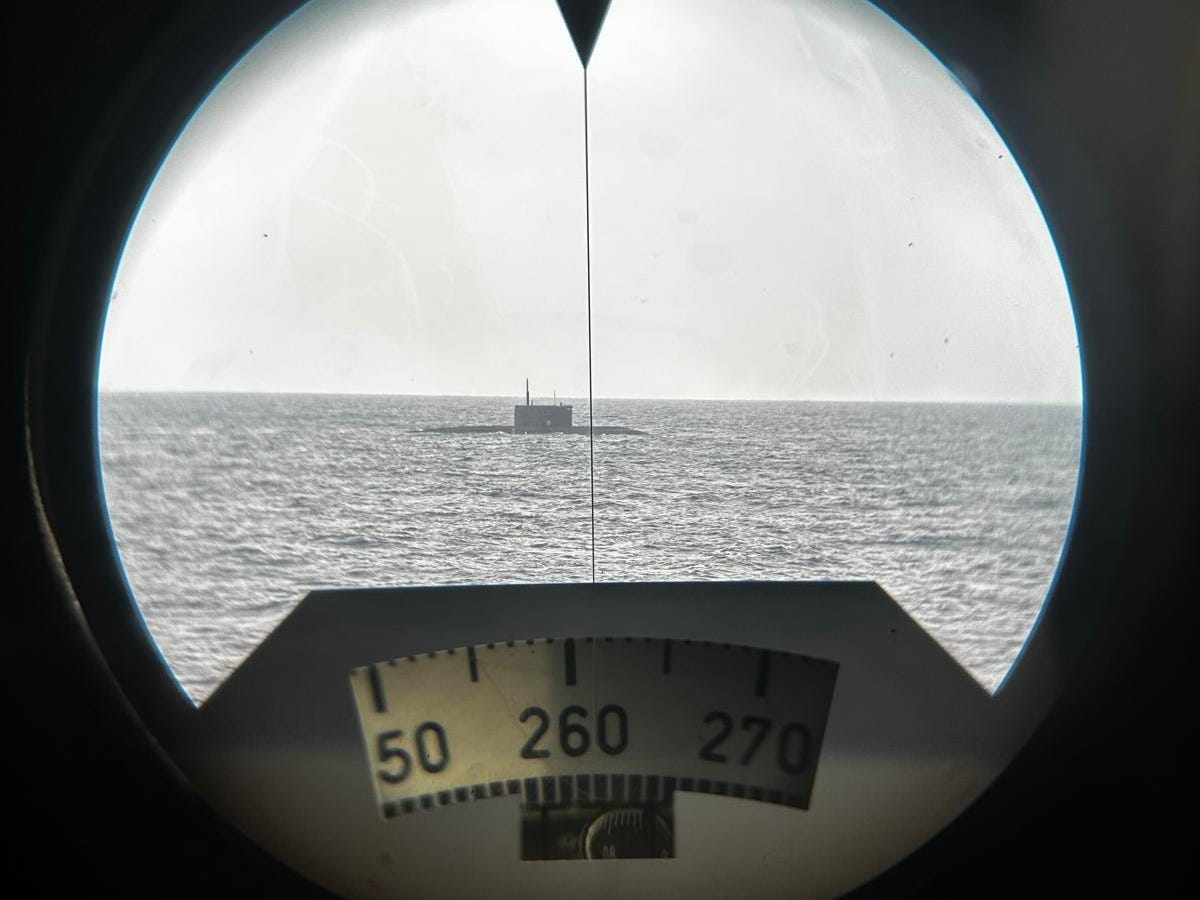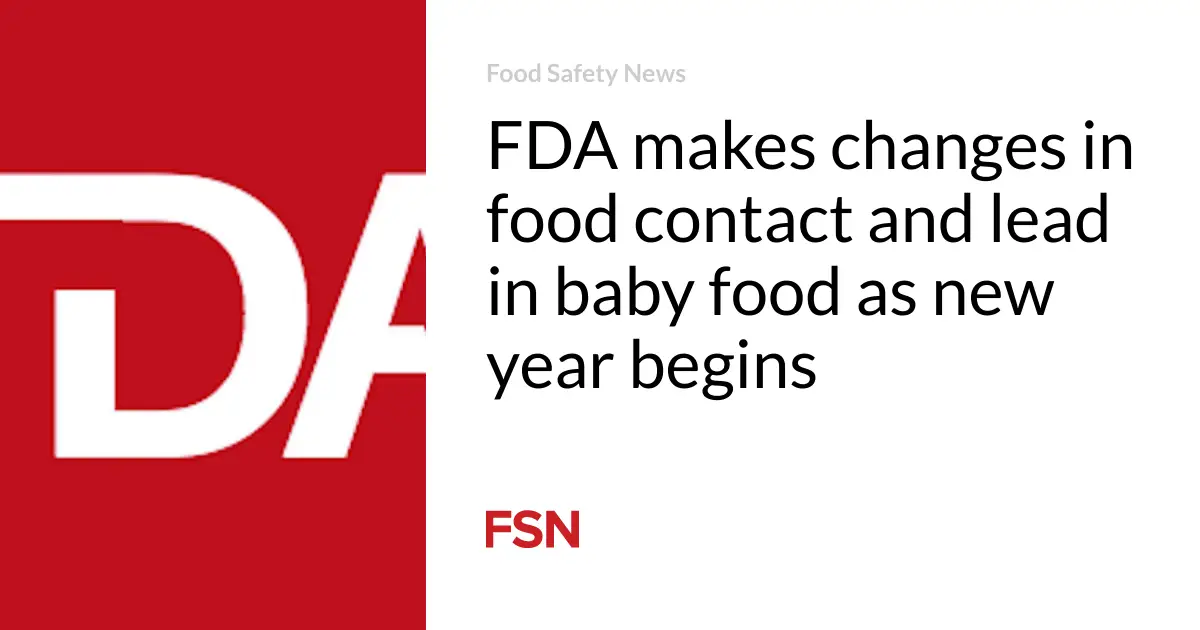The death of a man who took his own life in prison in Buckinghamshire has been recorded as an unlawful killing, in what is believed to be the first finding of its type by an inquest jury.
The family of Robert Fenlon – who have been campaigning since his death while on remand at Woodhill prison in March 2016 – called on authorities to engage in “serious reflection” after the finding by the inquest, which was told of a catalogue of failures.
Two prison officers’ conduct was found by the jury at Milton Keynes coroner’s court to have been so exceptionally bad as to amount to a criminal failure.
The jury also concluded that there was a serious failure by authorities to implement previous recommendations made after earlier losses of life at Woodhill, which had the highest number of self-inflicted deaths of any prison in the country at the time when Fenlon died.
He was the second of seven men to take their own lives in 2016 in the prison, a category A men’s prison in Milton Keynes, and one of 28 since 2013.
Fenlon, who was described by his family as a big-hearted man who would help anyone, had a long history of substance misuse and mental ill-health. Four months after he was remanded to HMP Woodhill, he had passed a note under his cell door saying he was in total despair and contemplating suicide. His mental health deteriorated but no referral was said to have been made to the mental health team in the run-up to his death.
His family said in a statement: “We knew from the outset that he was badly failed but we weren’t prepared for just how badly and how many people failed in their duty.”
They also accused the Prison Service of trying to prevent the jury from expressing a view about unlawful killing. “This is an opportunity for the Prison Service to carry out some serious reflection and change their approach,” they said. “We hope, for us and for other bereaved families, that they take that chance.”
The jury concluded that Fenlon died by unlawful killing contributed to by neglect. Failures and inadequacies that were found to have contributed included failing to follow procedures and inadequate staff training.
Jo Eggleton, a lawyer at Deighton Pierce Glynn who represents Robert’s family, said: “The jury’s findings could not be more serious: it reflects the appalling way Robert was repeatedly failed by senior prison officers at a time when staff were well aware of the high number of self-inflicted deaths at Woodhill.
“Those running the prison were on notice of the repeated failings and should have taken urgent steps to stop this from happening.”
Although Fenlon died eight years ago, Eggleton said that an urgent notification issued last year by the chief inspector of prisons, after finding Woodhill unsafe, suggested concerns were still relevant.
The finding is the first time that an inquest has found that a self-inflicted death in detention amounted to unlawful killing, according to data collected by Inquest, a charity in England and Wales providing expertise on state-related deaths and their investigation to bereaved people.
Selen Cavcav, a caseworker at Inquest, said: “We have been saying for years that state neglect and failure to learn lessons kills. This jury conclusion finally recognises this in the strongest possible terms.”
The Prison Service has been approached for comment.
-
In the UK and Ireland, Samaritans can be contacted on freephone 116 123, or email jo@samaritans.org or jo@samaritans.ie. In the US, you can call or text the National Suicide Prevention Lifeline on 988, chat on 988lifeline.org, or text HOME to 741741 to connect with a crisis counselor. In Australia, the crisis support service Lifeline is 13 11 14. Other international helplines can be found at befrienders.org







